|

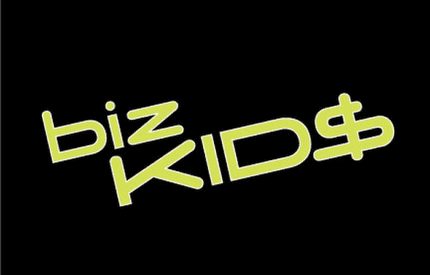
|

Biz Kid$ has the honor of ringing the NYSE closing bell to help celebrate financial literacy week. The day will include an online interview with Tracy Byrnes of Fox Business News, a teacher training event, and the bell-ringing ceremony with entrepreneurs from past episodes. For a live stream of the bell-ringing event check back at 3:59 pm on Monday, April 11:
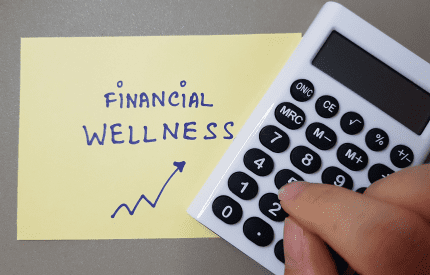
April is the official National Financial Literacy Month; however the experts at Money Management International know that regardless of the day or month of the year you begin, the 30 step path will help you achieve financial wellness. Take the first step today!

|


As an actor on the show, not only am I being paid but I’m also learning what to do with the money I make. Back in first season when I received my first check, I deposited it directly into savings. From that point on, the mass majority of my checks went into savings. Since I was still living at home I didn’t have many expenses. So the only money that I would need to take out of my checks would be for gas and personal stuff, like going out with friends. Remember Biz Kid$, the more you save today, the more you have
tomorrow. Pretty simple huh?
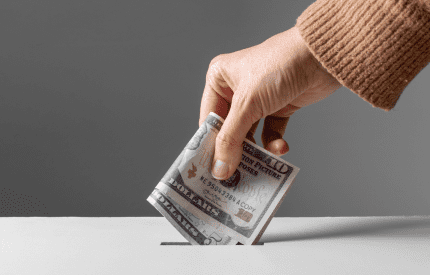
Hey Biz Kid$…..it’s not hard to do a fundraiser for the Japanese earthquake / tsunami victims.
Lemons-to-Aid is an organization devoted to kids helping others. It features kids from all across the US starting their own lemonade stands to raise money for people in countries who have been affected by natural disasters. It doesn’t have to be a lemonade stand – they also encourage other creative programs such as read-a-thons, bake sales, etc. Any kid can do this…..get out there and do your own Lemons-to-Aid! Please send us your pictures and we’ll post them on our blog.
We also recommend donating proceeds to the American Red Cross. http://www.redcross.org/
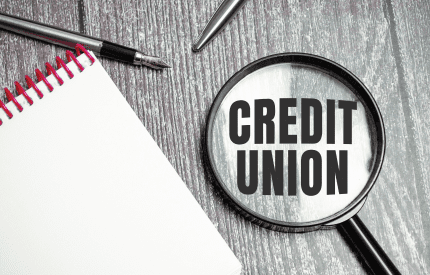
HAWAII CREDIT UNION League, on behalf of Hawaii’s 85 credit unions, donated $11,898.92 to underwrite Biz Kid$ programming on PBS Hawaii. Biz Kid$ is the award-winning television series broadcaston PBS affiliate stations nationwide that teaches children how to make and manage money.
“We believe that PBS Hawaii’s commitment to quality programming provides the perfect venue to teach and promote the values of savings, budgeting and investing through Biz Kid$,” said League President Dennis Tanimoto on behalf of its member credit unions. As not-for-profit cooperative financial institutions, Hawaii credit unions believe in the philosophy of “people helping people,” and are proud to support PBS Hawaii in providing quality financial education forthe keiki of Hawaii.
Biz Kid$ will debut on Saturday, March 5th at 12 noon, on PBS Hawaii. (PBS Hawaii Channels are KHET Channel 11.1, Basic Cable Channel 10, Digital Channel 90, and HD Channel 1010.) There are 26 episodes that will air every week; after 26 weeks, PBS Hawaii will re-telecast each episode for another 26 weeks, for a total of 52 weeks. As headlines of financial problems continue to dominate thenews, the financial literacy of our youth—our future economic leaders—is more critical than ever. Biz Kid$ is an entertaining, fast-paced series that teaches kids how to use credit wisely and how to be their own financial managers. Produced in High Definition (HD) by thecreators of the Emmy Award-winning series Bill Nye the Science Guy, BizKid$ illustrates the importance of saving, budgeting, investing, and giving back to the community.
-Hawaii’s Credit Union
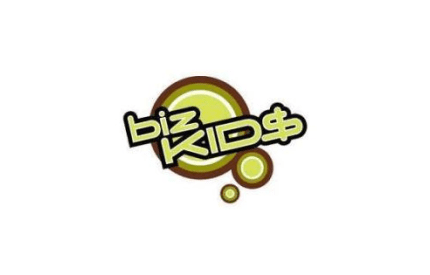
|

Follow us on Facebook! Please follow this link and “like” Biz Kid$
http://www.facebook.com/pages/Biz-Kid/60335554408
We will be providing more behind the scenes pictures and video’s as we get closer and closer to the airing of season 4 in April, which is of course Financial Literacy month. Stay tuned and Thanks!
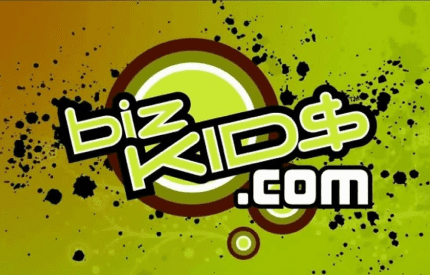
|

Bigfoot
He y Biz Kids! Whew, what a day! At eight a.m. Austin and I showed up at the studio, along with below freezing temperatures and headed out to our location to film a sketch about Bigfoot paying taxes. At one point I remember looking down at my hands, which were covered in thin, brown fuzzy gloves. You’d think that wearing a giant furry Bigfoot costume would be warm…. you’d be wrong. Shot after shot, I lumbered out of the forest to ask Austin for help with my taxes. By the time we were done, not only was I shaking, but I couldn’t feel my fingers or toes. I was a frozen Bigfoot… or is that a Yeti? Who knows!
y Biz Kids! Whew, what a day! At eight a.m. Austin and I showed up at the studio, along with below freezing temperatures and headed out to our location to film a sketch about Bigfoot paying taxes. At one point I remember looking down at my hands, which were covered in thin, brown fuzzy gloves. You’d think that wearing a giant furry Bigfoot costume would be warm…. you’d be wrong. Shot after shot, I lumbered out of the forest to ask Austin for help with my taxes. By the time we were done, not only was I shaking, but I couldn’t feel my fingers or toes. I was a frozen Bigfoot… or is that a Yeti? Who knows!